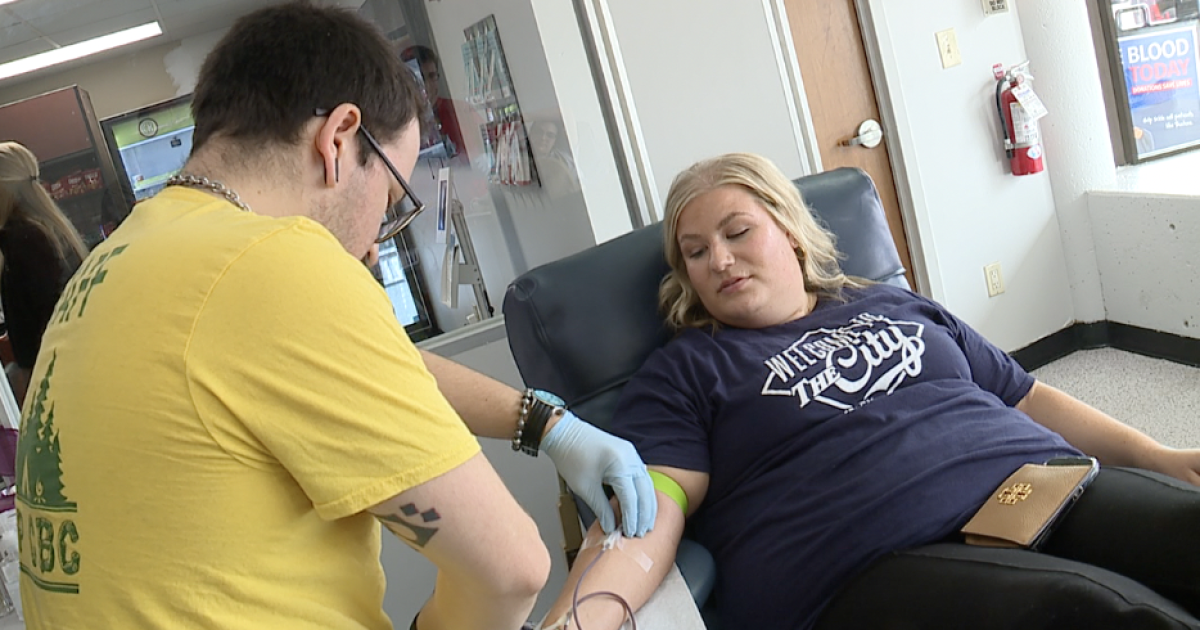Blood
FDA ruling allows Kansas City blood clinics to expand donor pool to include LGBTQ+ Community
KANSAS CITY, Mo. — In May, the Food and Drug Administration announced a change in a nearly 40 year-old policy expanding the amount of blood available to patients in need by expanding the number of people eligible to donate blood.
“What we are looking at is gender inclusive questions that are going to be asked of all donors that are no longer based on sexual identity or sexual orientation or even gender,” Community Blood Center spokesperson Chelsey Smith.
The FDA’s May announcement revised the set of screening questions, which are now the same for all donor, regardless of sexual orientation, sex or gender.
Previous donors were asked about their sexual orientation and history. Now, questions surround amount of partners a person has had in the last 3 months and follow-up questions depending on their answer.
The American Red Cross changed its policy in August. Other organizations, such as the Community Blood Center, are now following suit.
“We are very excited to be able to welcome donors back into our donor centers that haven’t been able to donate for decades under the previous policies,” Smith said.
The original deferral policies go back 40 years, during the AIDS epidemic.
In 1983, the FDA didn’t allow gay and bisexual men to donate blood for the entirety of their lifetime.
That changed in 2015 after developments in testing and scientific studies. The FDA reduced the deferral period to 12 months.
Just three years ago, the deferral period was reduced again to three months.
“That policy was rooted in stigma, discrimination and unknowing. They really thought that gay men were the biggest threat to the blood supply in the 80’s,” said Kansas City LGBTQ Commission Chair Justice Horn. “You can’t say this isn’t a victory, especially for our elders and folks who fought 40 years for this.”
The Community Blood Center said the implementation of the donor changes couldn’t come at a better time. The center remains in a crisis after a summer blood emergency.
—

